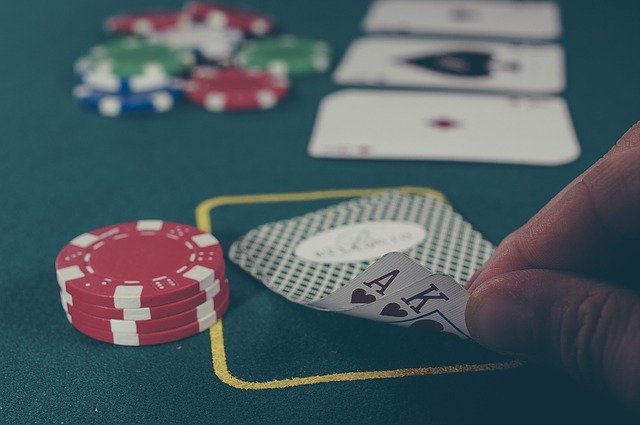by Nathan Chua
It is quite often that people come to me to hear what my “expert” opinion is about their struggles or a significant other’s struggles. This usually has a judgmental quality to it, like whether what they are doing or intend to do, is considered good or bad. I am supposedly some shaman who has all the deeper insights into as many aspects of living as one could think of.
In functional contextualism (FC), the philosophy behind the science of contextual behaviorism however, no behavior whether overt or covert is judged as good or bad. This would no longer be consistent with the focus on process and would rather be a familiar mechanistic approach that has become the dominant approach in mental health care today as seen in the DSM, or Diagnostic and Statistical Manual, that has turned up several editions that have become thicker and thicker through the years.
As a philosophy of science, FC deems that all behaviors as just behaviors. Please note that behaviors here cover not just visible actions, but internal processes as well, such as our thoughts and feelings. Thinking here is just another form of behaving, which in turn creates feelings. The focus in FC is whether these behaviors lead to workable outcomes and not whether they are determined to be individually dysfunctional or not. For example, I still remember in graduate school, there was considerable discourse about feelings like guilt or shame. Some argue that neither is good while some posit that guilt is good and shame is bad. In FC though, emotions are just emotions; behaviors, just behaviors. What matters is how these behaviors function which is seen in what we overtly or even covertly do with these internal processes. Do these internal processes get in the way of a vital and meaningful life?
Sorry for the long intro. Perhaps you are wondering what this has to do with the topic of gambling. This may be a bit jolting to some of you but since FC doesn’t really involve labels of dysfunction, there is nothing wrong with gambling as a behavior if it is done in certain contexts. You may play a card game for fun with your loved ones. A few tries at the slot machine for a few laughs with a visiting friend, does not make the act of gambling unworkable.
Gambling is a behavioral urge that people develop from past learning or socializing. Like anger, nobody ever got into trouble with urges. It’s what we do with such urges that gets us into trouble. Having these internal urges dictate what we do with our lives is what gets us stuck.
One way to get into what is behind such urges, is to start determining the reasons for these thoughts. Why is it that your mind suggests that you gamble? In my experience, asking these questions can bring us to a deeper yearning for something that is “good.” When I say “good” here, I mean it not in the sense of a moral judgment, but rather seeing them as motivated by prosocial reasons. If I dig into the why’s of this behavior from a client rigidly stuck in a pattern of addiction, he or she inevitably ends up with something that is life enhancing or enriching, and of course, prosocial.
Some of the reasons I get for a gambling habit are being able to help significant people in one’s circles, or becoming a positive influence on others through financial success, or finding a place to belong and feel special (in order to belong!). Unfortunately, all these entail some short term costs to achieve long term payoffs. Gambling has the appearance of achieving such prosocial goals but has it the other way around. It provides short term rewards of pleasant feelings of belonging, being recognized for winning, or for the appearance of financial success, but prove ineffective in the long term. As you might already have guessed, gambling inevitably leads to “bad” or unworkable longer term outcomes, like ending up in debt due to the need to recover previous losses.
Next time you find yourself doing stuff that is making your life miserable in the long run, remember to ask yourself or your mind, what prosocial or self-protective survival reasons are behind these urges. It might surprise you that the cause is to accomplish a yearning to belong, to find one’s life direction, or to experience competency through your achievements. The means might seem to alleviate human suffering and promote human prosperity, but they ultimately end up achieving the opposite. Look from inside your deeper sense of awareness; you’ll see it.

